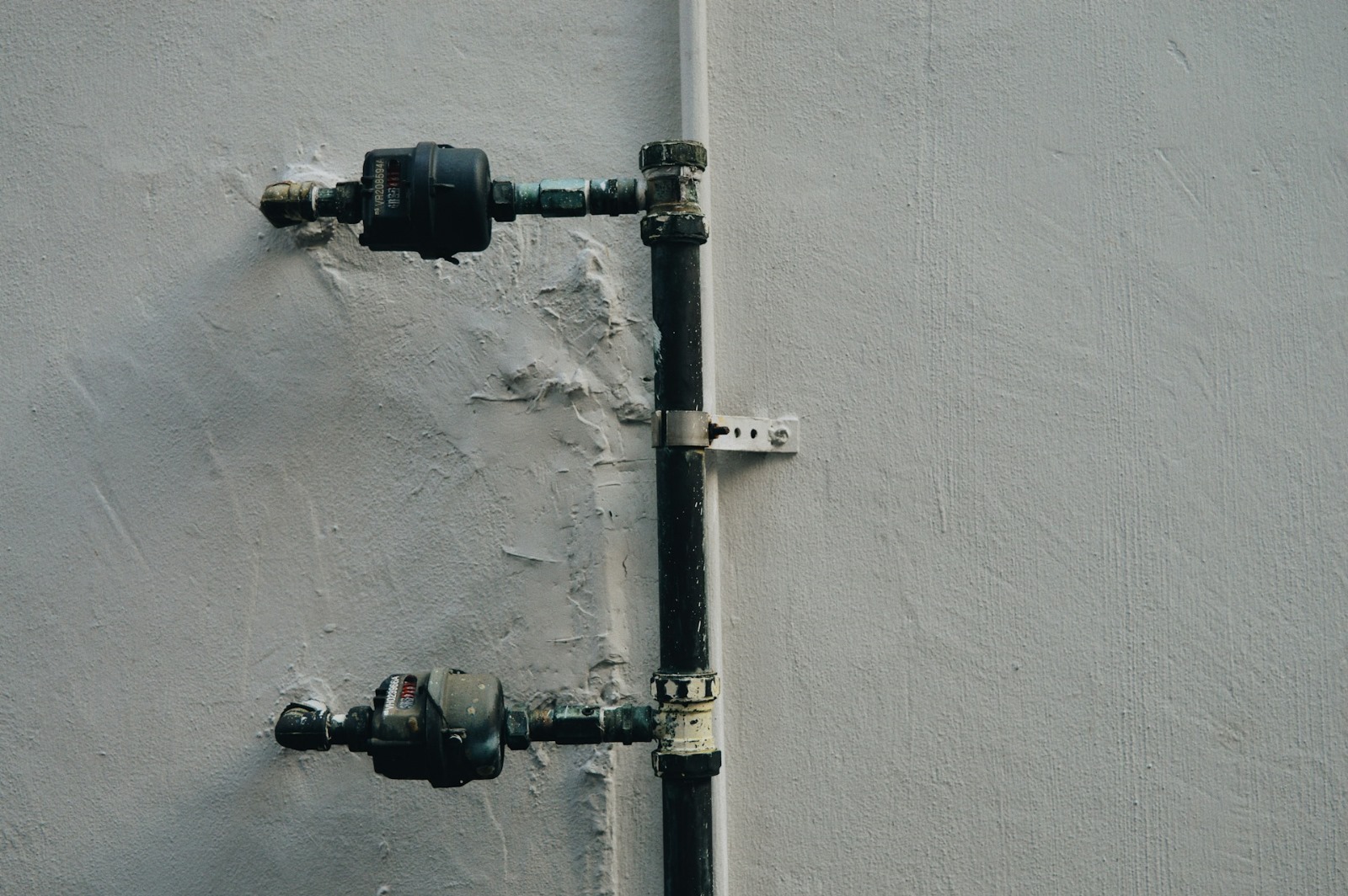Energy Efficiency Tips for London Homes: Simple Heating & Cooling Optimisation by Pawel Szewczuk

When it comes to saving energy at home, most people think it means expensive upgrades. But according to Pawel Szewczuk, an experienced London-based heating and cooling specialist, small adjustments can make a big difference.
“You don’t need to spend thousands on new systems straight away. Awareness, maintenance, and a few easy changes often deliver quick savings,” he explains.
In this article, we’ll explore some practical, beginner-friendly ways to optimise your energy use without needing deep technical knowledge.
1) Check and Adjust Your Thermostat
Pawel always reminds homeowners that the thermostat is the “brain” of your system. If it’s set too high in winter or too low in summer, you’re essentially paying to waste energy.
He recommends setting the thermostat to around 19–20°C for heating and avoiding dramatic swings. Each degree lower in winter can cut your energy bill by up to 10%.
2) Don’t Ignore Draughts
Many households in London’s older properties suffer from draughty windows and doors. Heating escapes, and the boiler ends up working overtime.
Simple fixes like draught-proofing strips, door seals, and even thicker curtains can significantly reduce wasted heat. Pawel calls these solutions “silent savings” because people often overlook how effective they are.
3) Regular Boiler Maintenance
Your boiler is the engine of the heating system. If it’s not looked after, efficiency drops quickly. Pawel insists on an annual professional Boiler Servicing, not just for safety but also to keep energy use in check.
Servicing clears out sludge, checks pressure, and ensures components run smoothly—meaning you get the most heat for the least gas.
4) Use Radiators Smarter
Uneven heating is one of the most common complaints Pawel hears. Often, it’s not the boiler’s fault but the radiators themselves.
Tips include:
- Bleeding radiators yearly to remove trapped air.
- Keeping them clear of furniture so heat can circulate.
- Installing thermostatic radiator valves (TRVs) to control room-by-room heating.
These low-cost steps balance comfort and efficiency without complicated work.
5) Cooling in Summer Without Overspending
In warmer months, air conditioning or fans can add to energy bills. Pawel advises trying simple tricks first:
- Keep blinds closed during peak sun hours.
- Use ceiling fans on a low setting to improve air flow.
- Open windows in the evening to let cooler air in.
If air conditioning is necessary, he stresses regular filter cleaning to maintain efficiency.
6) Smart Habits That Add Up
Finally, Pawel highlights the power of daily routines:
- Turn heating down slightly at night.
- Avoid leaving systems running when you’re not at home.
- Wash clothes at lower temperatures.
- Upgrade to LED bulbs, which reduce overall load on household energy.
“These habits don’t require engineering knowledge—just consistency,” he says.
Final Word
Energy efficiency doesn’t have to be complicated or expensive. By following Pawel Szewczuk’s practical advice—adjusting thermostats, tackling draughts, servicing boilers, and adopting smart daily habits—you can reduce bills while keeping your home comfortable year-round.
Remember: small changes now often mean big savings later, both for your pocket and the environment.



